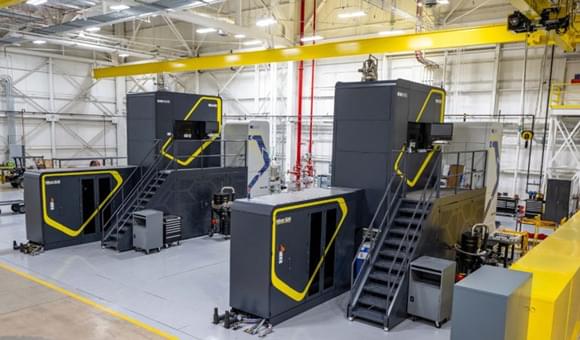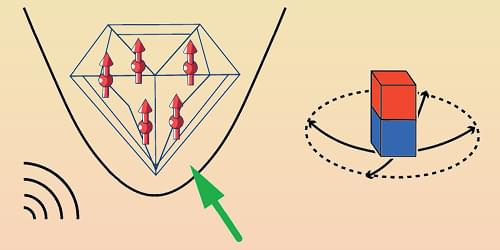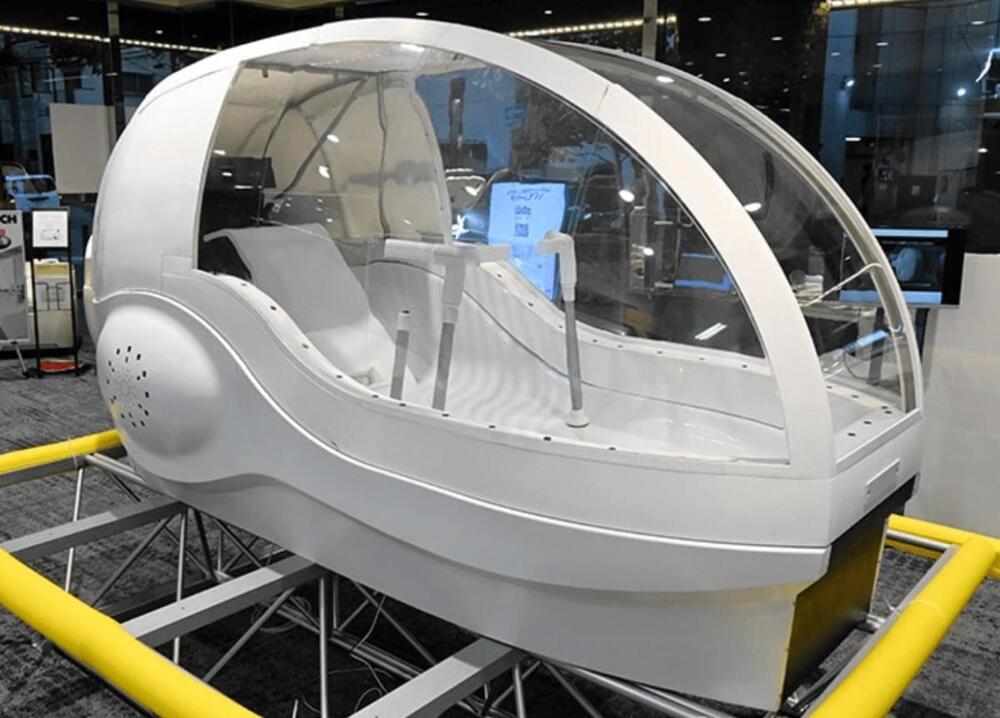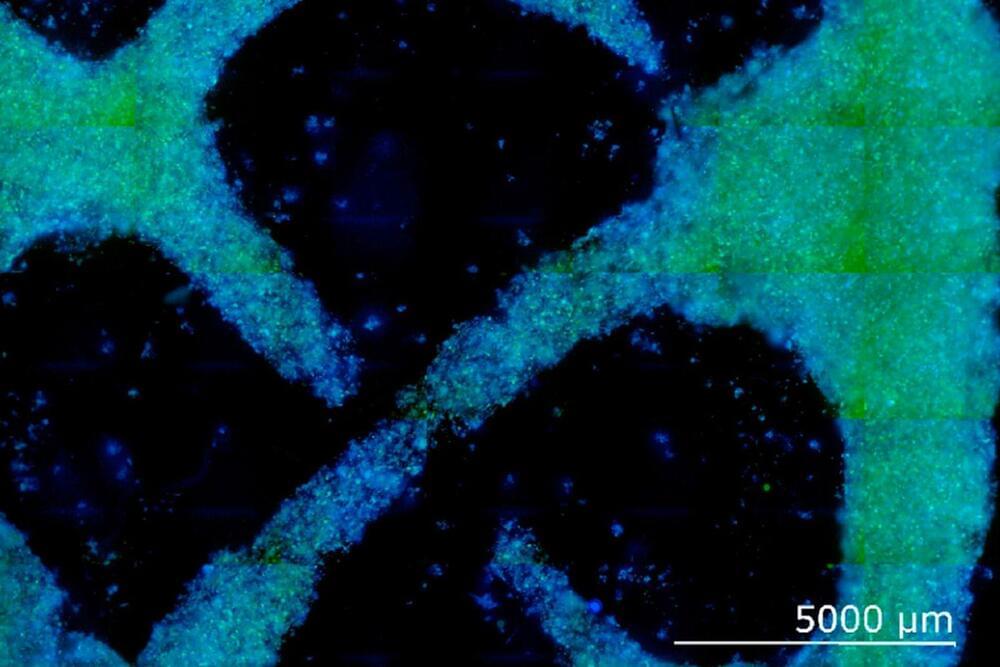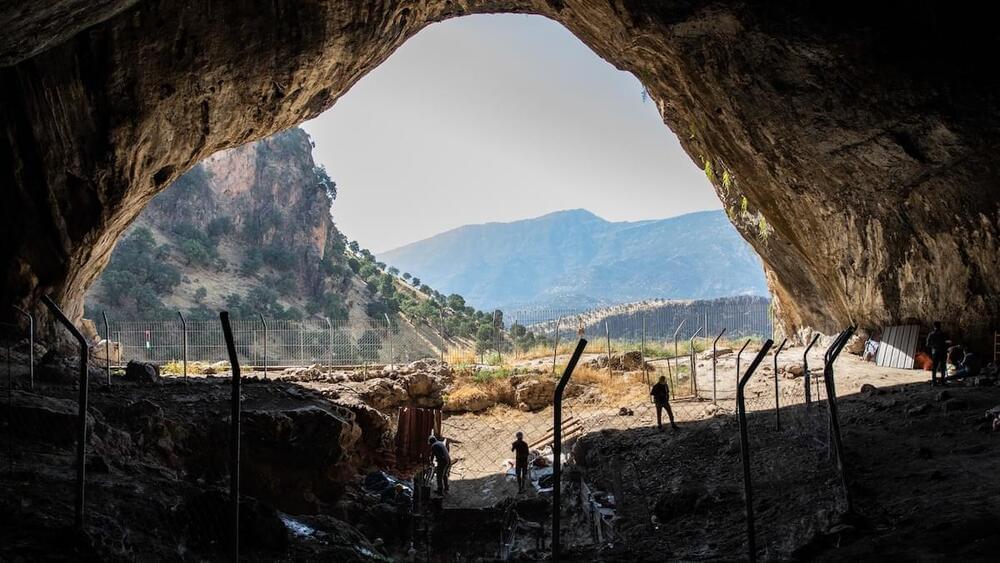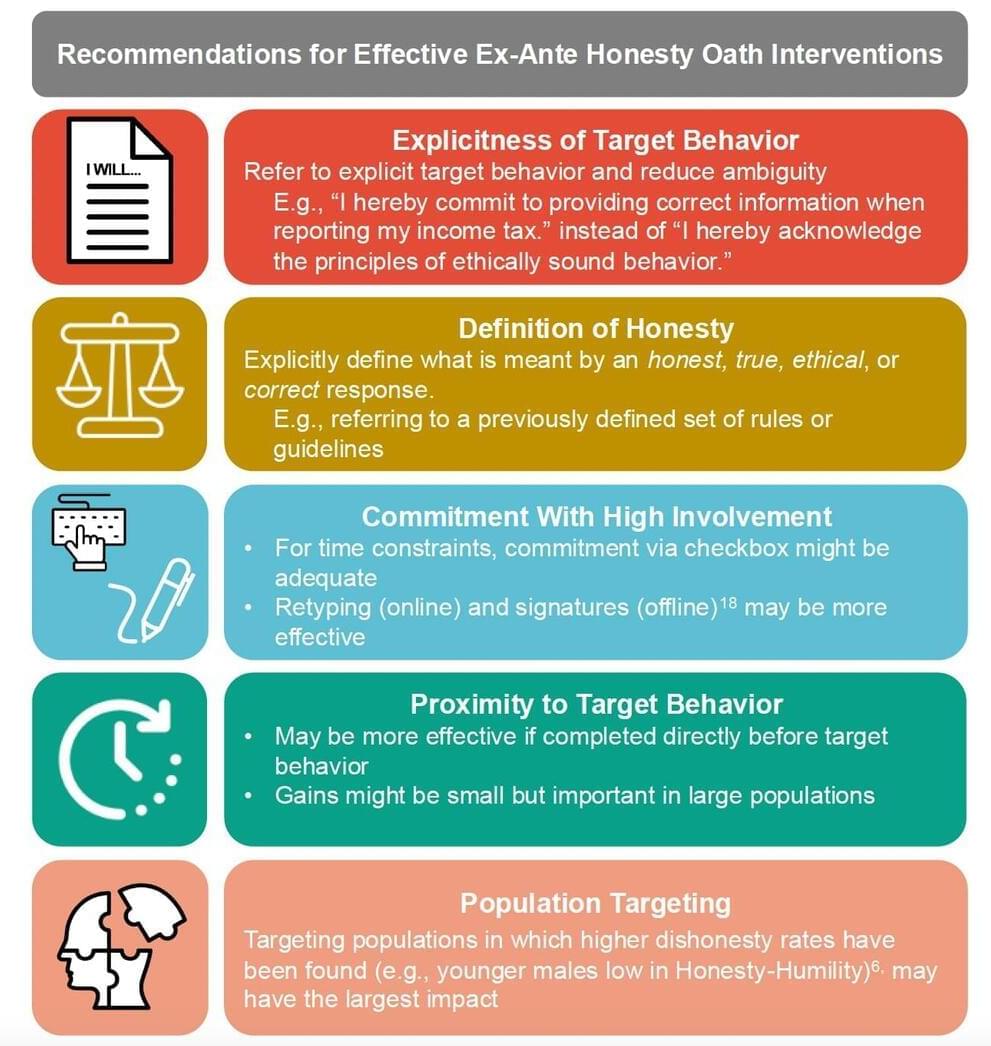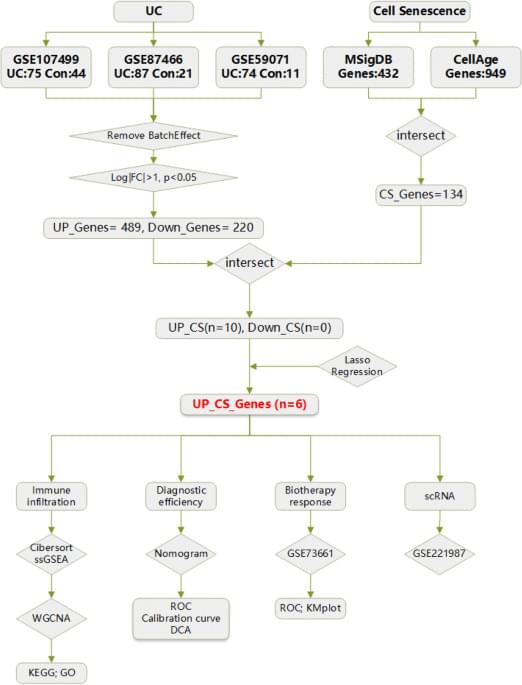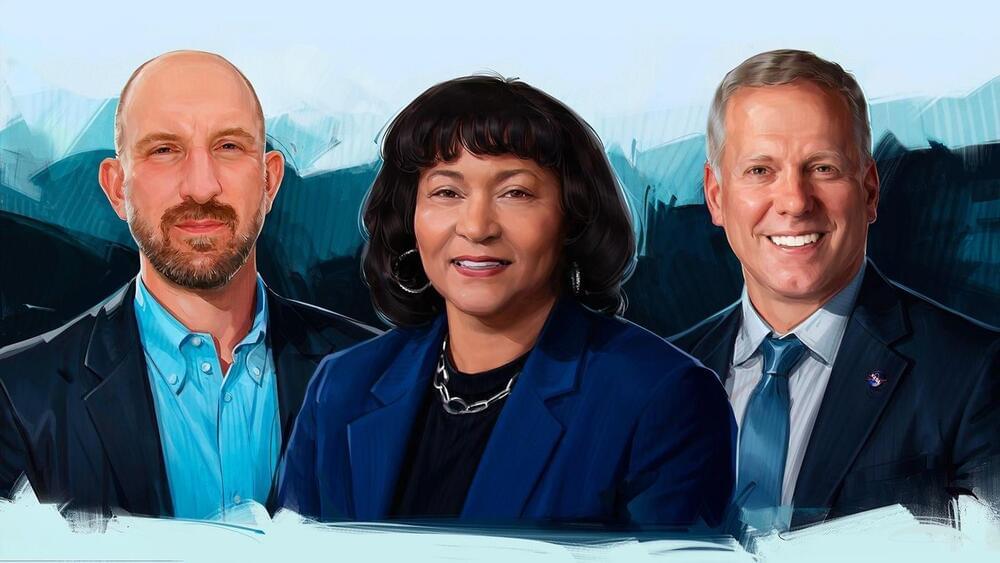Lockheed Martin has announced the addition of a state-of-the-art Additive Manufacturing facility at its Grand Prairie, Texas, USA site. The expansion includes the addition of large-format, multi-laser Additive Manufacturing machines, as well as heat treatment and inspection equipment that enables rapid development and production of AM parts across the corporation. This includes the installation of two NXG 600E machines from Nikon SLM Solutions.
“We continue to invest in AM technology to provide value for our customers in a way that empowers our engineers to innovate and rapidly integrate new product designs and capabilities to the production floor,” said Tom Carrubba, vice president of production operations at Lockheed Martin Missiles and Fire Control. “This allows us to create affordable and modular designs that can simplify both high and low-volume production processes.”
